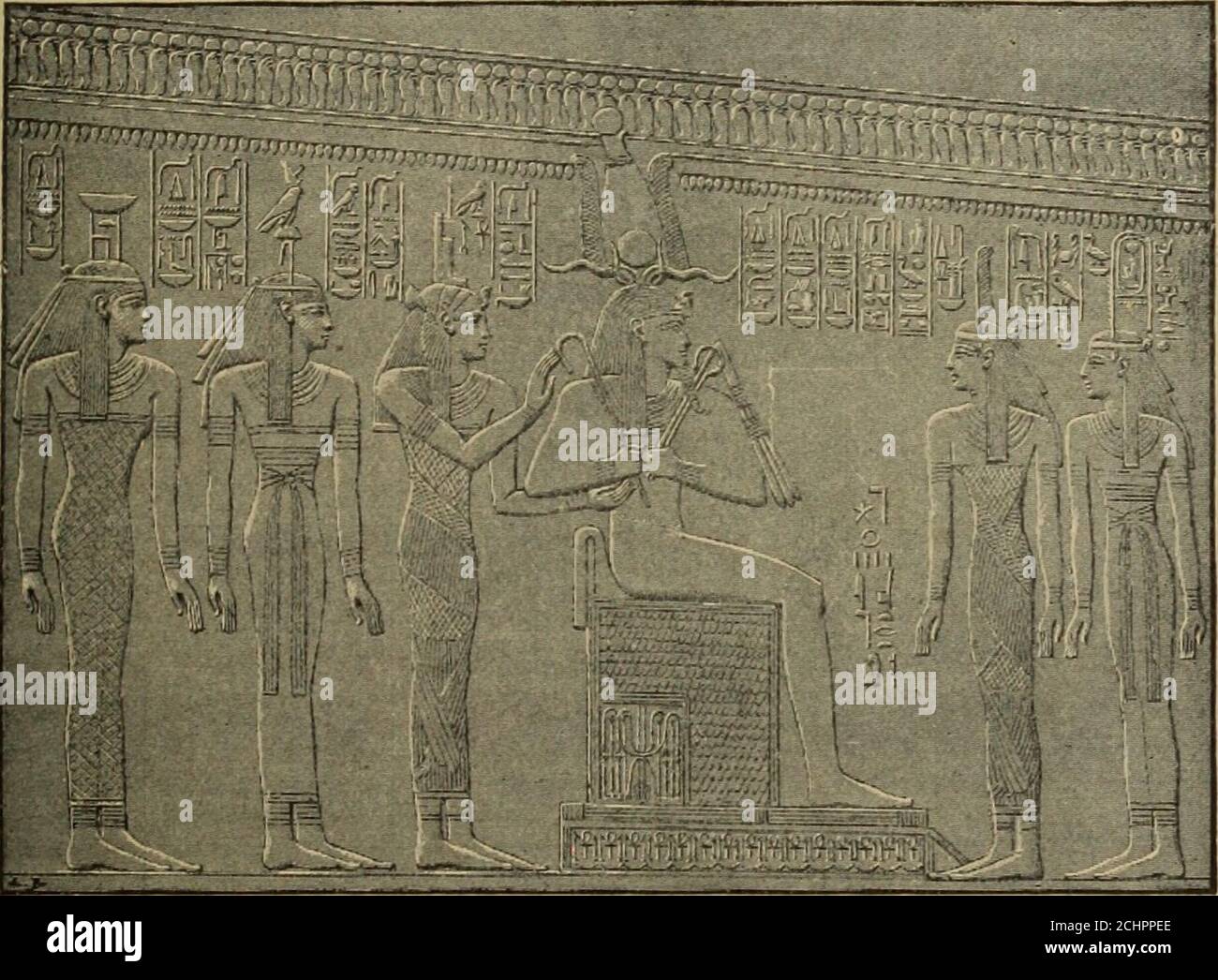

In 2011, a popular uprising toppled Egypt's long-time president, Hosni Mubarek. In 1979 Egypt and Israel signed a peace agreement.
CIVILIZATION 5 EGYPT FULL
Egypt gained full independence from Great Britain in 1952 and took control of the Suez Canal in 1956.Įgypt and other neighboring Arab countries fought a series of wars with the Jewish state of Israel into the 1970s. The British wanted control of the Suez Canal, which linked the Mediterranean Sea with the Red Sea and greatly shortened the sailing trip from Asia to Europe.

In 1882, the British invaded and occupied Egypt. In the 16th century, Egypt became part of the Ottoman Turkish Empire.Įuropean powers played an increasing role in Egypt starting in the late 18th century. 640, Muslim warriors took over Egypt and founded the modern capital, Cairo. In 31 B.C., Egypt fell under Roman control. Strong neighbors attacked and took over Egyptian territory. They also conquered other lands.īy 1000 B.C., Egypt had split into smaller parts and the kingdom was in decline. These kings built huge pyramids, temples, and other monuments. It overflows which covers the land on either side of the river with soft fertile mud gives rich. The Romans and Greeks called this Egypt as the Gift of Nile because once in a year heavy rains in tropical Africa fill the Nile. This civilization grew along the banks of the Nile river. By 3000 B.C., a civilization was established.Īround 3100 B.C., the kingdoms of Upper and Lower Egypt were unified under a powerful king, later called a pharaoh. Egypt is in North Africa.The Egyptian civilisation was regarded as one of the oldest river valley civilization.

They traded with their neighbors and learned to sail boats. They learned to grow crops and raise animals, and they began to build villages and towns. The first people to live on the banks of the Nile were hunters and fishermen, who settled there over 8,000 years ago.


 0 kommentar(er)
0 kommentar(er)
